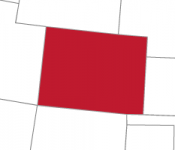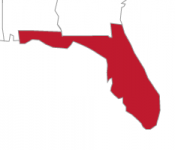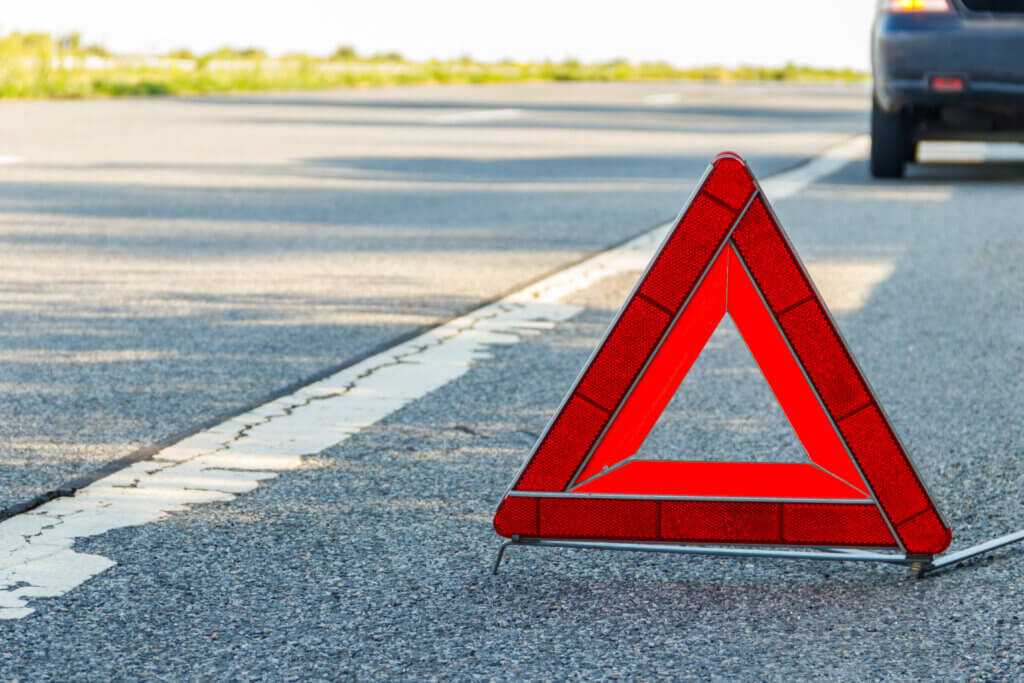On the road, the unexpected is always just around the bend. Whether it’s a flat tire, an engine breakdown, or an unforeseen weather change, being prepared can make all the difference. In this guide, we’ll walk you through the essential steps to handle road emergencies confidently and safely.
1. Flat Tire: Staying Calm and Collected
A flat tire can happen at any time, and the key is not to panic. If you feel your car pulling to one side or hear a thumping sound, slowly reduce speed, put your hazard lights on, and find a safe, flat area to pull over. Keep a spare tire, jack, and lug wrench in your car and familiarize yourself with the tire-changing process.
2. Engine Trouble: Assessing the Situation
If your car suddenly stops running, turn on your hazard lights and try to coast to the side of the road. Once safe, try to identify the issue. Is there smoke? Do you notice any strange smells? It’s crucial to have an emergency kit in your vehicle, including basic tools and a flashlight. If the problem is beyond a quick fix, it’s time to call for assistance.
3. Collisions: Safety First
In the event of a collision, check for injuries first. If anyone is hurt, call emergency services immediately. Move your vehicle off the road if possible, and use flares or hazard lights to alert other drivers. Exchange information with the other parties involved and document the scene with photos for insurance purposes.
4. Bad Weather: Navigating with Caution
Sudden weather changes, like heavy rain, fog, or snow, require a change in driving style. Slow down, increase your following distance, and use your headlights. In extreme conditions, like a blizzard or heavy fog, it might be safest to find a place to pull over and wait it out.
5. Getting Stranded: Survival Tips
If you’re stranded, staying with your vehicle is often the safest choice. Keep an emergency kit in your car with water, non-perishable food, a blanket, and a first-aid kit. If you have a signal, call for help and wait for assistance.
6. Emergency Services: When to Call
Know when to call emergency services. Situations like injuries, fires, dangerous road conditions, or any threat to your safety warrant a 911 call. Keep your phone charged and, if possible, carry a portable charger.
Road emergencies can be daunting, but with the right knowledge and preparation, you can navigate them safely. Remember, the best way to handle an emergency is to prevent it. Regular vehicle maintenance and a cautious driving style are your first lines of defense.
For more detailed guidance and expert driving tips, consider enrolling in a course at 911 Driving School. Our experienced instructors can provide you with the skills and knowledge to drive confidently, no matter what the road throws your way. Stay safe, and happy driving!






